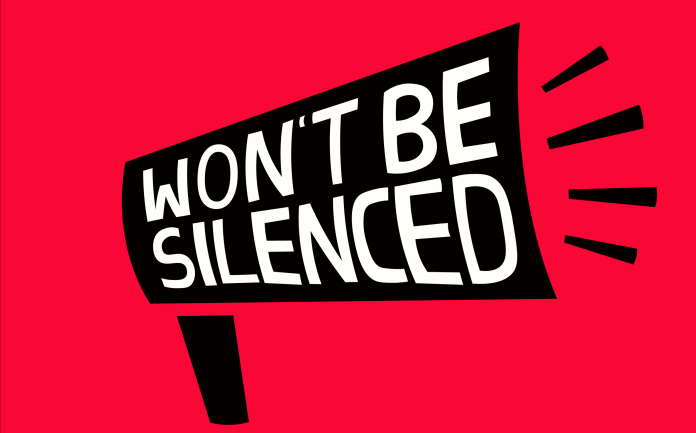Rest has a bad reputation in our society. The majority of us regard rest as simply the absence of work—not as something valuable in and of itself. It is frequently equated with laziness.
However, this could not be farther from the truth.
Even when we are not actively engaged in a task, our brain is still active, engaging its “default network” to work on problems, examine and discard possible solutions, and seek out new information. We may not be able to completely control these processes, but by improving our sleep, we can encourage them, allow them to work, and pay attention when they uncover something worthy of our attention.
Here are a few strategies for utilising rest to enhance your thinking and creativity.
1. Establishing a morning routine
While some writers and artists work until the wee hours of the morning, rely on looming deadlines to keep them focused, or wait for inspiration to strike, many of history’s most creative and prolific figures take a different approach. They arrive at work earlier, sometimes before dawn, and prioritise the most difficult tasks first, when their creative energy is most likely at its peak. Additionally, they establish routines to avoid wasting brainpower and diverting valuable creative energy each day by reinventing the wheel.
While we may think of routine as the antithesis of creativity, research indicates that it can actually enhance it. In one study, researchers surveyed hundreds of employees at a high-tech company to determine how routine their daily work was, how much opportunity for creativity they had on the job, and how much initiative they could exercise in experimenting with new ideas. Then they examined the number of innovative ideas submitted to managers by these employees. They discovered that employees with a high degree of routine in their work were more likely to submit ideas; those with greater control over their work performed even better.
2. Strolling
Walking can be an effective way to stimulate creative thought. Not only is it a form of exercise (which increases blood flow to the brain), but it can also assist our brains in maintaining a light level of focus, which promotes mind wandering and later creativity.
While walking may not be as beneficial for focused, analytical thinking as running, there is reason to believe that it stimulates creativity and may aid you in solving work-related problems, especially if you walk while problems are still fresh in your mind. For naturalist Charles Darwin, for example, walking was such an important creative stimulus that he created a “thinking path” near his house and would retreat to it when confronted with difficult problems.
3. Napping
If you work imaginatively or creatively for long hours or in a demanding environment, afternoon naps may be beneficial. Researchers in the field of sleep have discovered that even a brief nap can be beneficial for recharging your mental batteries.
Napping’s most obvious benefit is that it improves alertness and reduces fatigue. Even a brief nap of approximately 20 minutes improves your ability to concentrate by allowing your brain to replenish depleted energy.
4. Coming to a halt at the appropriate time
While many of us believe that working long, uninterrupted hours is the most productive way to be productive, science suggests otherwise. Indeed, working longer hours may result in increased stress, burnout, disengagement from work, and decreased job performance. Additionally, it can suffocate creativity and innovation.
A seemingly counterintuitive but highly effective method of deliberate rest is to stop working at precisely the right moment: when you see your next move but decide to postpone it until tomorrow.
Stopping when you have a smidgeon of energy remaining makes it easier to restart the following day. Additionally, it appears to prompt your subconscious mind to address work-related issues in the interim, indicating that Hemingway’s intuition was correct.
This suggests that deliberately abandoning tasks—for example, by leaving the final sentence of a paragraph unwritten—will nudge your mind to continue cogitating without your awareness. Additionally, such a strategy balances out the highs and lows of creative work, stimulates creativity, and acts as a buffer against stress.
5. Sleep
Of course, sleeping is the ultimate form of rest and a necessary component of a creative and productive life.
Our bodies spend the majority of the day engaged in the business of living, expending energy on motor activity and cognitive functions. When we sleep, our bodies enter maintenance mode and focus on storing energy, repairing or replacing damaged cells, and growing, while our brains purge toxins, process the day’s events, and occasionally work on problems that have been preoccupying our waking minds.
Numerous researchers have discovered that REM sleep is critical for performance. For instance, in a study of anesthesiology interns and anaesthetists, researchers discovered that after a few weeks of night shifts or on-call duties, their work performance decreased significantly. Not only that, a sleep deficit of less than an hour per night resulted in greater declines than those observed in comparable groups tested in a sleep lab, implying that scientists may be underestimating the real-world consequences of sleep loss.
All of the research indicates the critical nature of rest in our hectic lives. While our culture may encourage us to work overtime and around the clock, this clearly does not help us be more productive or come up with innovative solutions to our problems.
When we view rest as an equal partner to work, recognise it as a playground for the creative mind and a springboard for new ideas, and develop strategies for more effective rest, we elevate it to something valuable that can help us calm our days, organise our lives, create more time, and accomplish more with less work.
Rest is not inactivity. It is the key to a more fulfilling life.


